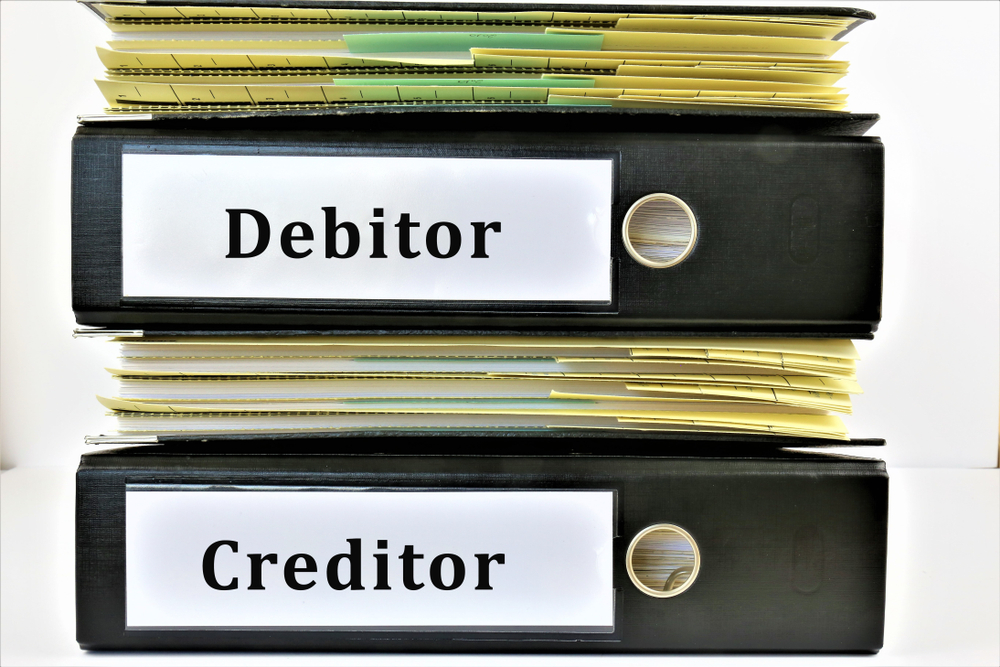There can be a Winner for Prevailing Party Attorney’s Fees when Both Parties Lose
From reviewing prior articles on attorney’s fees, you know that to be deemed the prevailing party for purposes of attorney’s fees, particularly under a contractual based claim, a party needs to prevail on the significant issues in the case. What if a plaintiff has asserted a claim against a defendant and a defendant has a asserted a claim against the plaintiff and both parties LOSE on their affirmative claims? Can a party still be deemed to prevail on the significant issues in the case? That answer is yes based on the holding by the Second District Court of Appeals in Carrollwood...
Continue reading













